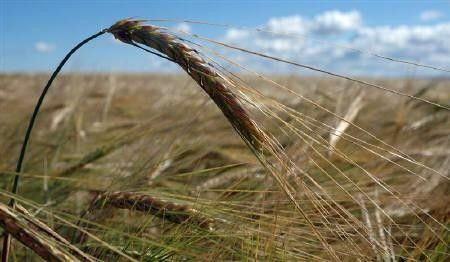A Profound Grasp of Ancient Farming Guides Today’s Crop Production

In-depth studies on ancient crop production could assure the future food security. A group of scientists from the University of Sheffield were able to understand why farmers in olden times prefer propagating certain cereal crops over other types of grains. The Fertile Crescent, the arc-shaped region in western Asia and the birthplace of agriculture, was used in this research.
Wild varieties of grains such as wheat, barley and other grasses from the area were grown so the researchers could determine the traits that make plants suitable for growing crops. Two main characteristics were identified. One is wild relatives have bigger seeds, and so they develop into seedlings of better quality. The other is as mature plants, they are not that bushy as the other grasses and they hold their seeds into fewer stems. The comparison shows how competitive wild grasses are compared to the other plants in the fields.
Dr. Catherine Preece and the rest of the research team were surprised with what they have discovered. Numerous cereal crops that the ancients knew could produce the same quantity of seeds as wild wheat and barley could. If these are grown in high densities, the dominance of wild wheat and barley stands out. The results of this study are essential in planning food production and sustainability to meet the increasing demands of the growing population. The research team also carried out experiments in greenhouses and confirmed that the traits affecting plant competition are important factors in determining the success of a crop.
"Before humans learnt how to farm, our ancestors ate a much wider variety of grasses. If we can understand what traits have made some grasses into good crops then we can look for those characteristics in other plants and perhaps identify good candidates for future domestication," says Dr Preece. The researchers will be conducting more experiments in Turkey, one of the countries within the Fertile Crescent, to observe plant interaction in the fields. Their work aims to help cereal growers improve their yield by learning about the traits of the wild relatives of modern cultivars. The results of this study were presented to the joint British Ecological Society and the French Ecological Society meeting on Dec. 11, 2014 in the Grand Palais, Lille.




















